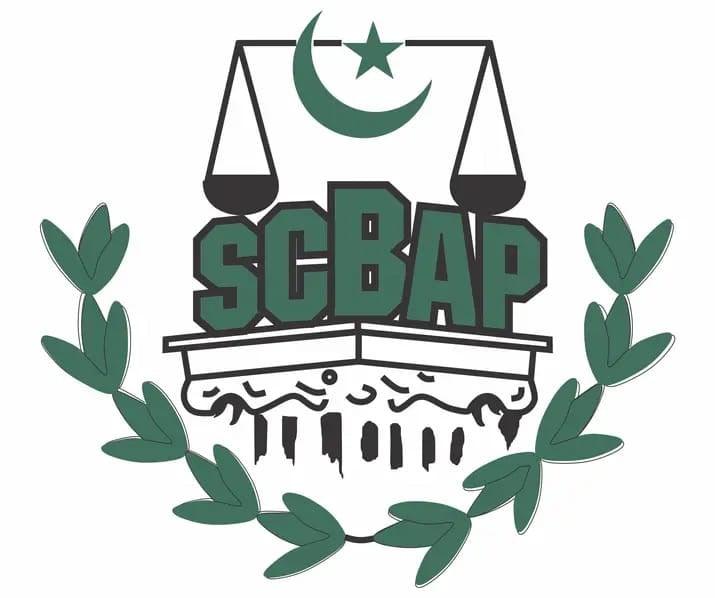The Supreme Court’s Bar Association in Pakistan (SCBAP) strongly has a strong against the construction of six new channels from the Indus River and warned that the project could intensify inter-province tensions and exacerbate already serious water shortages in Sindh.
At its sixth meeting of the 27th Executive Committee held in the SCBAP register branch in Lahore, the committee adopted a number of decisions relating to important national concerns, including water distribution, regional security and political turmoil.
The committee unanimously rejected the proposed extraction and called it a potential flashpoint between Punjab and Sindh.
It called on the government to focus on reducing a waste of water rather than building new infrastructure that could interfere with the fragile balance between existing resources.
“Instead of creating six new channels, extensive efforts should be made to minimize a waste of water,” the committee said, emphasizing that fair access to water must be prioritized for local farmers, especially small soil holders (Harries), prioritized.
The committee also called for strict action against long -term power groups and feuds that have monopolized water consumption.
It required a nationwide crash on individuals and units involved in water theft, and called such actions a major obstacle to fair distribution.
When he turned to internal security, SCBAP expressed serious concern over the deteriorating law and order situation in Balochistan and Khyber-Pakhtunkhwa (KPK).
While welcoming the recent announcement to end the GDP-Mengal-Sit-in, the committee emphasized that the complaints behind such protests must be dealt with through persistent political commitment.
The committee praised the efforts of the SCBAP president Mian Muhammad Rauf Atta, who has led a political initiative to build national consensus on the challenges of Balochistan.
Members urged him to continue to hold meetings with the most important stakeholders to develop long -term solutions.
“While progress has been made, there is still much more,” the committee said. “Political negotiations and discussions continue to be the most viable path to achieving peace and national stability.”
The committee also recognized the role of the federal government and other stakeholders in tackling Balochistan’s concerns, but emphasized that further action is needed to solve long -term structural problems through inclusive dialogue.
SCBAP’s decisions reflect growing calls within Pakistan’s legal and civil society society for transparent governance, fair resource distribution and political reconciliation in marginalized regions.
Earlier, Pakistan Peoples Party (PPP) chairman Bilawal Bhutto Zardari has issued a strong warning to the federal government, stating that the controversial channel projects could jeopardize the unity of the federation.
He demanded that the federal authorities withdraw the proposed channel initiatives or risk losing PPP’s support in the ruling coalition.



